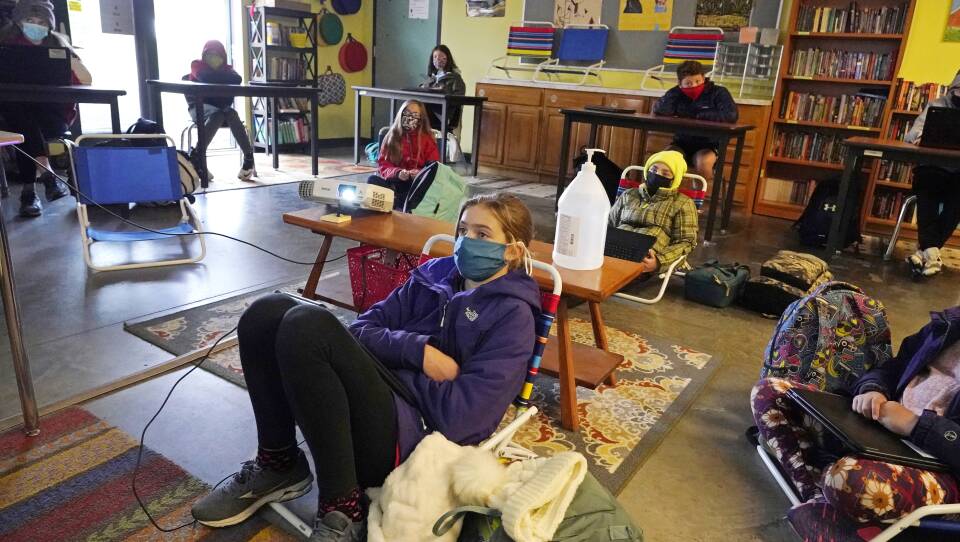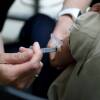Moderna says a study in kids 6 to 11 found two doses of the company's COVID-19 vaccine given 28 days apart produced a strong antibody response.
The study, conducted in collaboration with the National Institutes of Health, used shots containing a 50 microgram dose of the vaccine, half the dose of the Moderna shots authorized for adults. More than 4,700 children ages 5 to 11 took part in the study.
The most common side effects were fatigue, headache, fever and pain at the site of injection. The company says the analysis showed a "favorable safety profile."
The summary of the study results was made available in a press release . The information hasn't been peer reviewed or published, but Moderna said it plans to submit them to a scientific journal for publication.
The company also said it plans to submit the data to regulators, a move that would support the authorization of the vaccine for kids 6 to 11.
The release of the data comes a day before a panel of advisers to the Food and Drug Administration will review use of the Pfizer-BioNTech COVID-19 vaccine in children 5 to 11 years of age.
In June, Moderna submitted study results involving nearly 2,500 adolescents ages 12 to 15 to the FDA. The agency hasn't yet issued a decision on whether to expand use of the Moderna vaccine to that age group.
In May, the FDA expanded authorization of the Pfizer-BioNTech vaccine to include adolescents 12 to 15 years of age.
Copyright 2021 NPR. To see more, visit https://www.npr.org.







